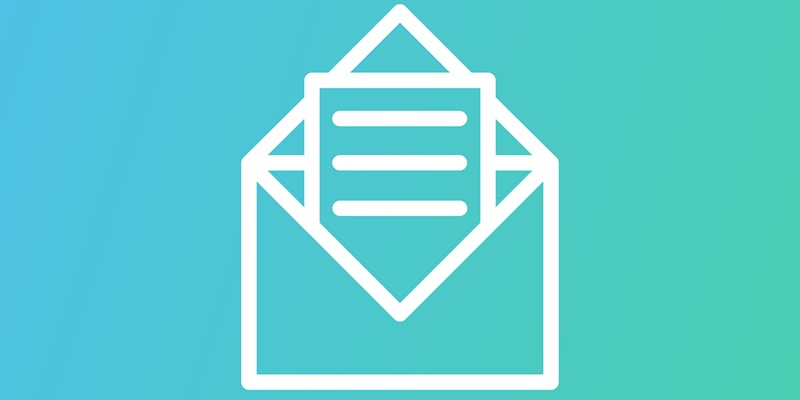In today’s fast-paced digital landscape, email marketing remains a powerful tool for businesses to connect with their customers. However, with inboxes flooded with countless messages every day, it has become increasingly challenging to capture recipients’ attention. This is where the importance of personalization and automation comes into play. By tailoring emails to individual recipients and leveraging automation, businesses can significantly enhance their engagement rates and ultimately drive better results. In this article, we will delve into the strategies and benefits of personalizing and automating emails for optimal customer engagement.
The Importance of Personalizing Emails
Personalization is more than just addressing recipients by their names. It involves creating relevant and targeted content that resonates with each individual. Studies have shown that personalizing emails by using the recipient’s name and location can increase email open rates by 50% and improve desired actions by a staggering 202%. By making emails feel personal, businesses can establish a stronger connection and build trust with their customers.
The Power of Email Splitting
Email splitting, also known as segmentation, involves sending different content to different groups of recipients based on their demographics, interests, or behavior. Split campaigns have proven to be highly effective, with click-through rates increasing by almost 101% compared to sending the same generic message to everyone. By tailoring content to the specific needs and preferences of each segment, businesses can significantly boost engagement levels and drive better results.
Leveraging Automation for Engagement
Automation is an indispensable tool in today’s email marketing landscape. By using triggers based on user activity, businesses can automate various types of emails, including welcome messages, transactional notifications, thank-you notes, and cart abandonment emails. Automation not only saves time but also ensures timely and personalized communication. By adopting automation, businesses can sustain customer engagement throughout the customer journey.
Re-engagement Strategies through Automation
One of the most successful strategies for re-engagement is sending exclusive offers to inactive subscribers using automation. By identifying inactive subscribers and targeting them with personalized offers, businesses can reignite their interest and encourage them to re-engage with the brand. This approach has proven to be highly effective in winning back customers who may have lost interest or forgotten about the brand.
Enhancing Campaign Versatility with Automation Tools
To maximize the benefits of automation, businesses can leverage the flexible automation tools offered by platforms like Moosend. These tools, such as loops and triggers, allow users to create complex and versatile campaigns without burdening them with technical complexities. With these tools, businesses can tailor their automation strategies to meet their specific needs and goals, resulting in more effective and engaging email campaigns.
Timely and Personalized Touch with Automation
Automation guarantees a timely and personalized touch throughout the customer journey. From the initial greeting to luring clients who abandoned their carts back, businesses can create a seamless and personalized experience for their customers. By leveraging automation, businesses can address customer needs promptly, improving customer satisfaction and fostering long-term loyalty.
Building Brand Engagement through Engaging Emails
Email marketing is not just about delivering messages; it’s an opportunity to build brand engagement and establish a strong brand identity. By crafting engaging and compelling emails, businesses can captivate recipients and leave a lasting impression. Through consistent and thoughtful communication, businesses can build trust, loyalty, and brand advocacy among their target audience.
The power of personalized and automated emails cannot be underestimated in today’s digital marketing landscape. By utilizing personalization techniques, businesses can create emails that resonate with individual recipients, increasing open rates and desired actions. Automation, on the other hand, enables businesses to sustain engagement by delivering timely and personalized communications. By leveraging these strategies, businesses can build stronger customer relationships, improve brand engagement, and ultimately drive better results in their email marketing campaigns.

